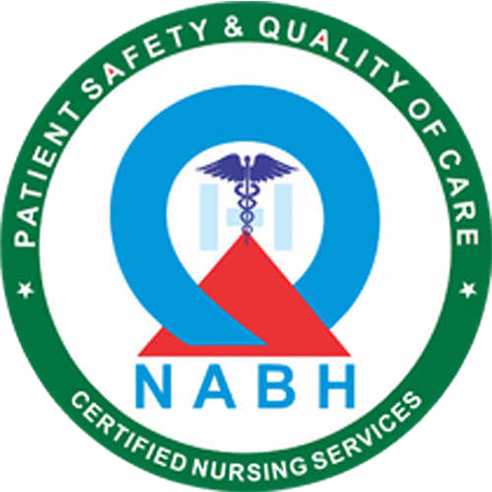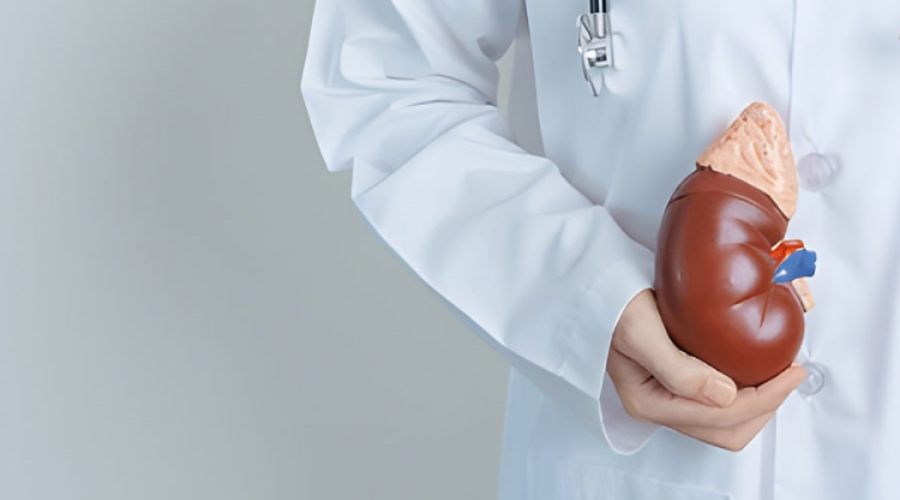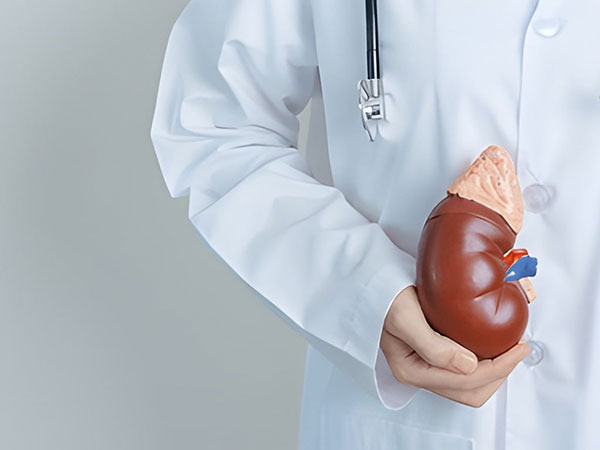Everything you need to know about kidney transplant care, from our experienced team at Sushrut Hospital, Chembur, Mumbai
When chronic kidney disease progresses to its final stage, a kidney transplant often becomes the pathway to reclaiming your life. At Sushrut Hospital in Chembur, Mumbai, we understand that this journey can feel overwhelming. That’s why our experienced transplant team, specializing in kidney transplants and laparoscopic nephrectomy procedures, has created this comprehensive guide to help you understand what lies ahead.
A crucial point to remember: Kidney transplant preparation cannot be done on your own. You’ll need to work directly with our transplant specialists who will guide you through every step of this life-changing process.
Why Choose Sushrut Hospital Chembur for Your Kidney Transplant?
Our transplant team brings years of experience in kidney transplants and minimally invasive laparoscopic nephrectomy procedures. We believe in providing comprehensive care that extends far beyond the operating room, with our dedicated team of nephrologists and transplant surgeons supporting you throughout your journey.
Our commitment includes:
- Well-equipped operation theatres and dedicated transplant care unit
- In-house laboratory for timely test results
- 24/7 medical support for all transplant patients
- Complete diagnostic services under one roof
Understanding the Pre-Transplant Phase
The preparation phase is when our medical team gets to know your body inside and out. This isn’t something you can prepare for independently – it requires careful medical evaluation and planning that only experienced transplant specialists can provide.
Essential evaluations we conduct:
- Cardiac assessment: ECG and echocardiogram to ensure heart readiness
- Lung function tests: Complete pulmonary evaluation
- Infection screening: Hepatitis B/C, HIV, and tuberculosis testing
- Blood compatibility: ABO typing, HLA typing, and crossmatch tests
Before surgery, we’ll work with you to optimize your health. Blood pressure and diabetes must be well-controlled, and lifestyle factors like smoking or alcohol use need to be addressed, as they significantly impact graft survival. We’ll also ensure your vaccinations are up to date since you’ll be taking immunosuppressive medications after the transplant.
Life After Transplant: Your New Normal
Once your new kidney is functioning, your focus shifts to protecting this precious gift and living your healthiest life possible. Understanding what’s truly critical can make all the difference in your long-term success.
Salt Restriction: Your Most Important Dietary Change
One of the most crucial changes you’ll make is limiting your salt intake to less than 2.3 grams daily. This isn’t just a general health recommendation – it’s essential for:
- Protecting your new kidney function
- Controlling blood pressure effectively
- Preventing dangerous fluid retention
- Reducing cardiovascular complications
Think of salt restriction as insurance for your transplant investment.
Critical Biochemical Monitoring
Your transplant team will regularly monitor specific blood parameters that tell us how well your new kidney is functioning. These numbers are your health dashboard:
- Potassium levels: Can become dangerously high or low in transplant recipients
- Phosphorus: Essential for bone health and kidney function
- Sodium balance: Directly impacts blood pressure control
- Creatinine & BUN: Primary markers of kidney function
- Daily urine output: Most immediate indicator of kidney health
Your Medication Routine: Non-Negotiable
Your immunosuppressive medications literally keep your body from rejecting your new kidney. This is perhaps the most critical aspect of post-transplant care.
Essential medication rules:
- Never skip doses – rejection risk increases immediately
- Take exactly as prescribed – timing matters significantly
- Use pill organizers or medication reminder apps
- Inform doctors of all other medications before taking them
Staying Healthy with Compromised Immunity
With your immune system intentionally suppressed, preventing infections becomes a daily priority. Simple precautions can make a huge difference in your health outcomes.
Daily infection prevention habits:
- Wash hands frequently with soap and water
- Eat only well-cooked meals, avoid raw foods completely
- Wear masks in crowded spaces when necessary
- Seek immediate medical attention for fever, chills, or unusual fatigue
Recognizing Emergency Warning Signs
Your body will usually give you signals when something isn’t right. Never hesitate to contact our medical team – it’s better to be cautious than sorry.
Call Sushrut Hospital immediately for:
- Fever above 100.4°F
- Decreased urine output
- Swelling in face, hands, or feet
- Pain over the transplanted kidney area
- Sudden weight gain (more than 2kg in 24 hours)
- Severe fatigue that doesn’t improve with rest
Building Your Long-Term Success Strategy
Success with your new kidney isn’t just about following medical instructions – it’s about creating a lifestyle that supports long-term health. Most patients can return to work, travel, and enjoy family activities with proper care and attention to their health.
Your success formula:
- Nutrition: Balanced diet with fresh fruits, vegetables, and lean proteins
- Hydration: Adequate water intake as advised by your doctor
- Exercise: Regular physical activity approved by our medical team
- Lifestyle: Complete avoidance of smoking and alcohol
- Stress management: Important for overall wellbeing and kidney health
Your Support System at Sushrut Hospital
Remember, you’re not navigating this journey alone. Our transplant specialists are here to guide you through every phase of care, from initial consultation through years of follow-up support.
Contact us for:
- Pre-transplant evaluation and planning
- Post-transplant care and monitoring
- Emergency concerns (24/7 availability)
- Routine follow-up appointments
Location: Sushrut Hospital, Chembur, Mumbai
Frequently Asked Questions (FAQs)
1. How long is isolation required post-transplant?
You’ll typically stay in the hospital for 5–7 days after surgery, followed by careful isolation at home. The isolation period varies by individual but generally follows this pattern:
- First 6–8 weeks: Limited visitors, avoid crowds completely
- 3–6 months: Gradual social reintegration with precautions
- Ongoing: Permanent vigilance with infection prevention
Most transplant teams recommend waiting 6 months to a year before travelling to ensure kidney stability.
2. When can I return to normal activities?
Recovery timelines vary by individual and activity type:
- Work: 6–8 weeks for most jobs (desk work may be earlier)
- Exercise: Light walking immediately, regular exercise after 8–12 weeks
- Travel: 6–12 months with medical clearance
- Pregnancy: Safe under medical supervision after 1–2 years
3. What are the emergency warning signs I should watch for?
Trust your instincts – if something feels wrong, contact us immediately. Key warning signs include a fever above 100.4°F, decreased urine, unexplained swelling, pain over your transplanted kidney, sudden weight gain, or severe fatigue that doesn’t improve with rest. When in doubt, it's always better to call and check rather than wait and worry.






